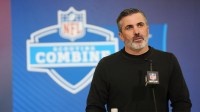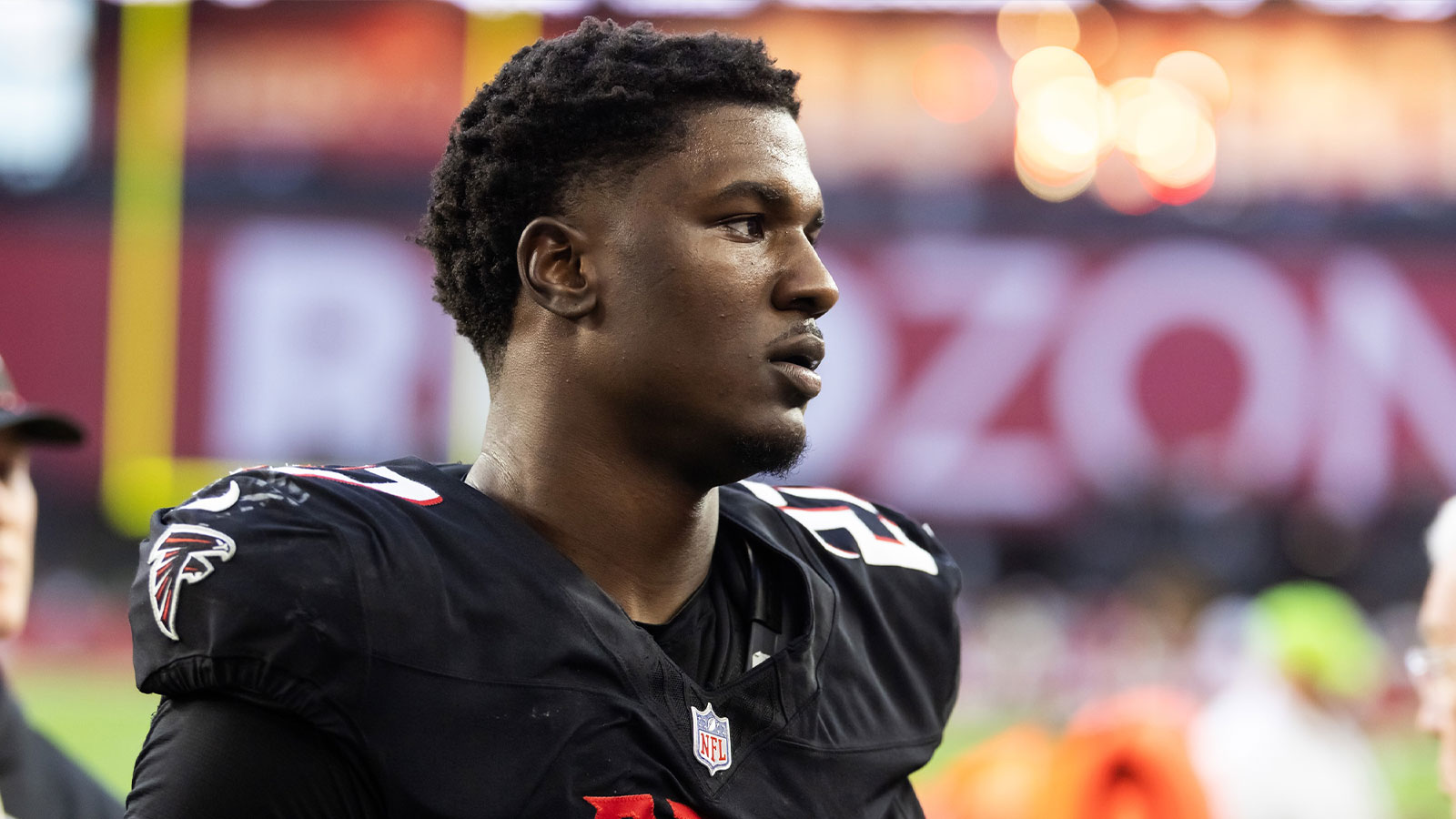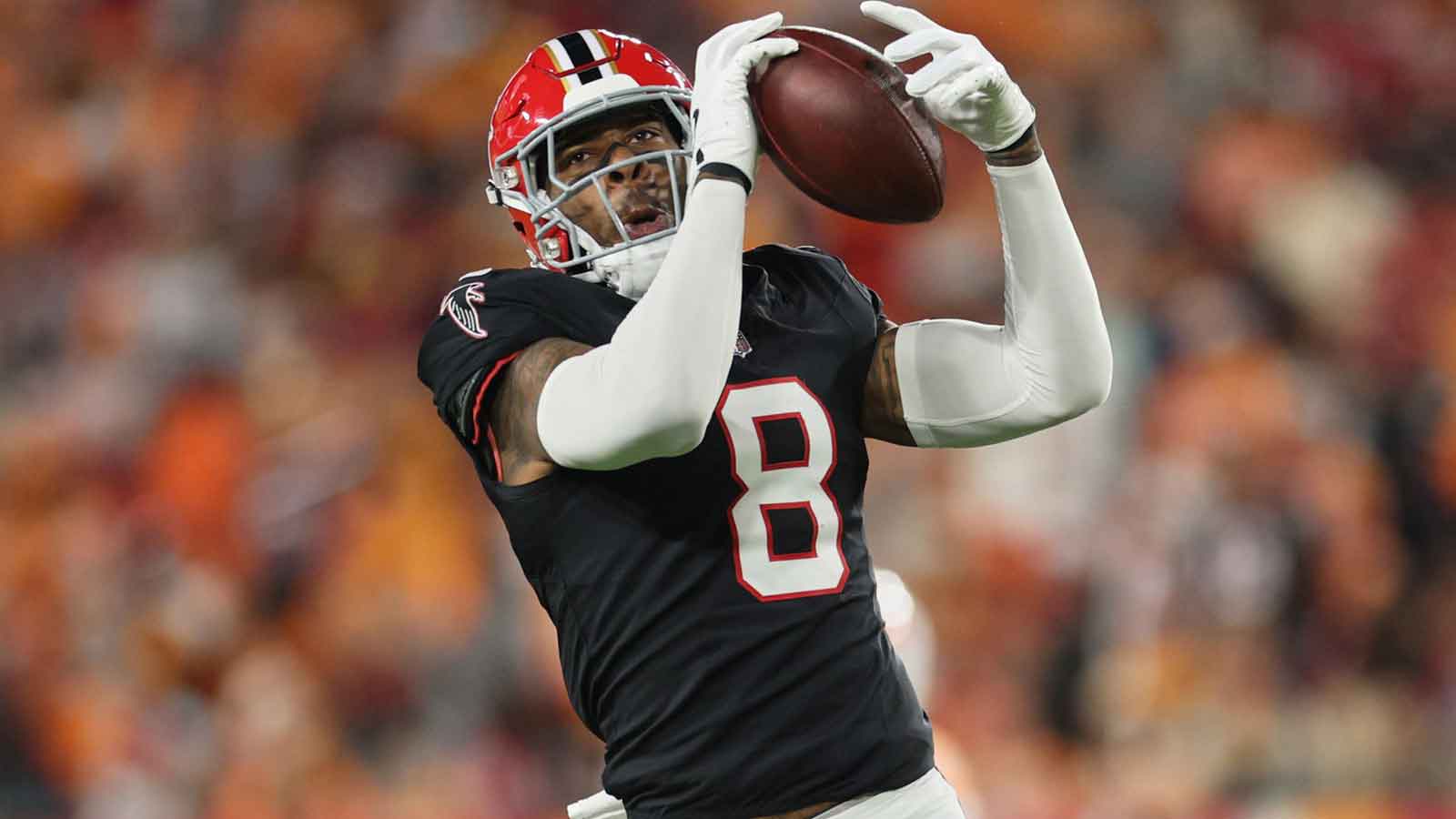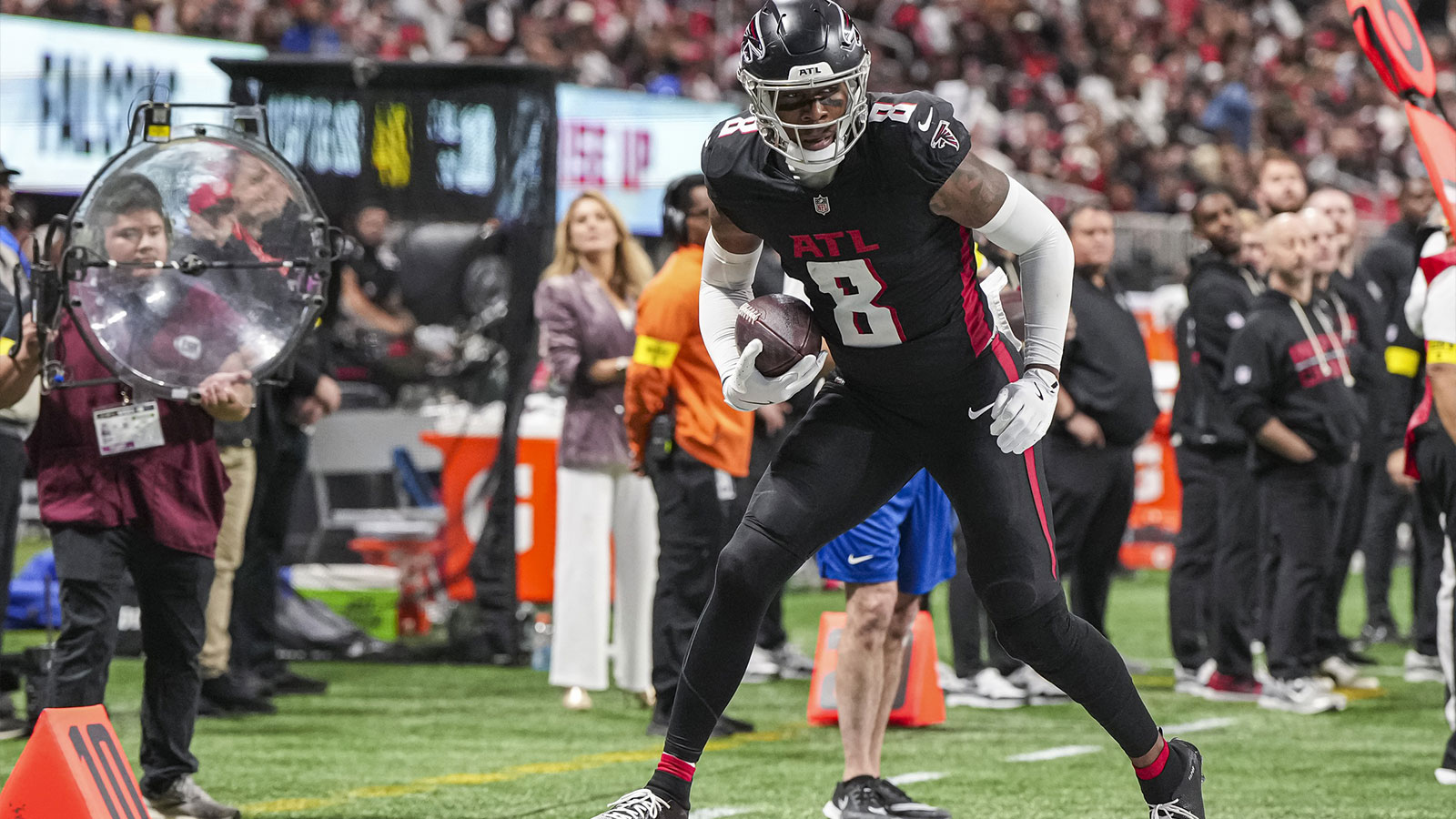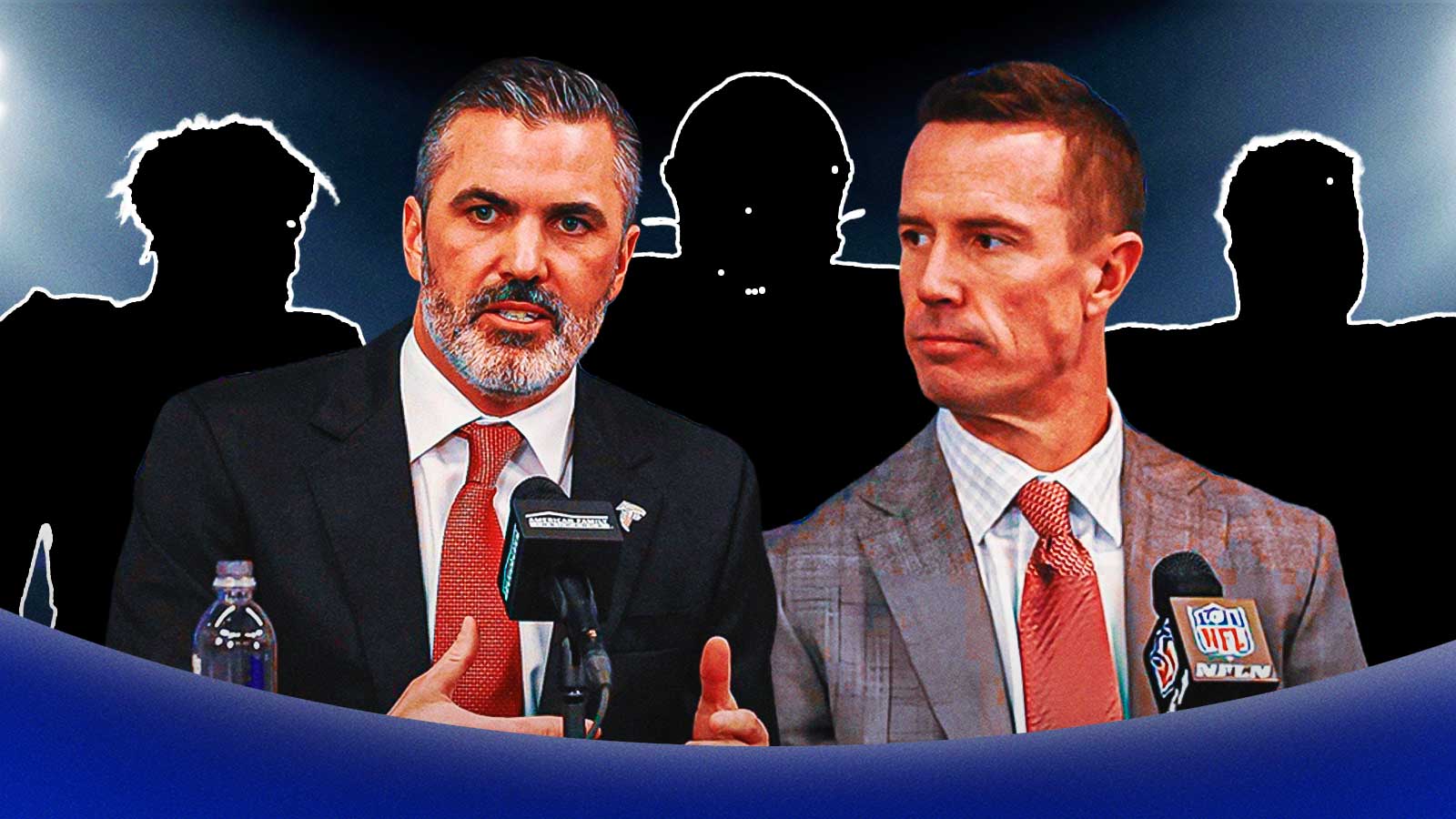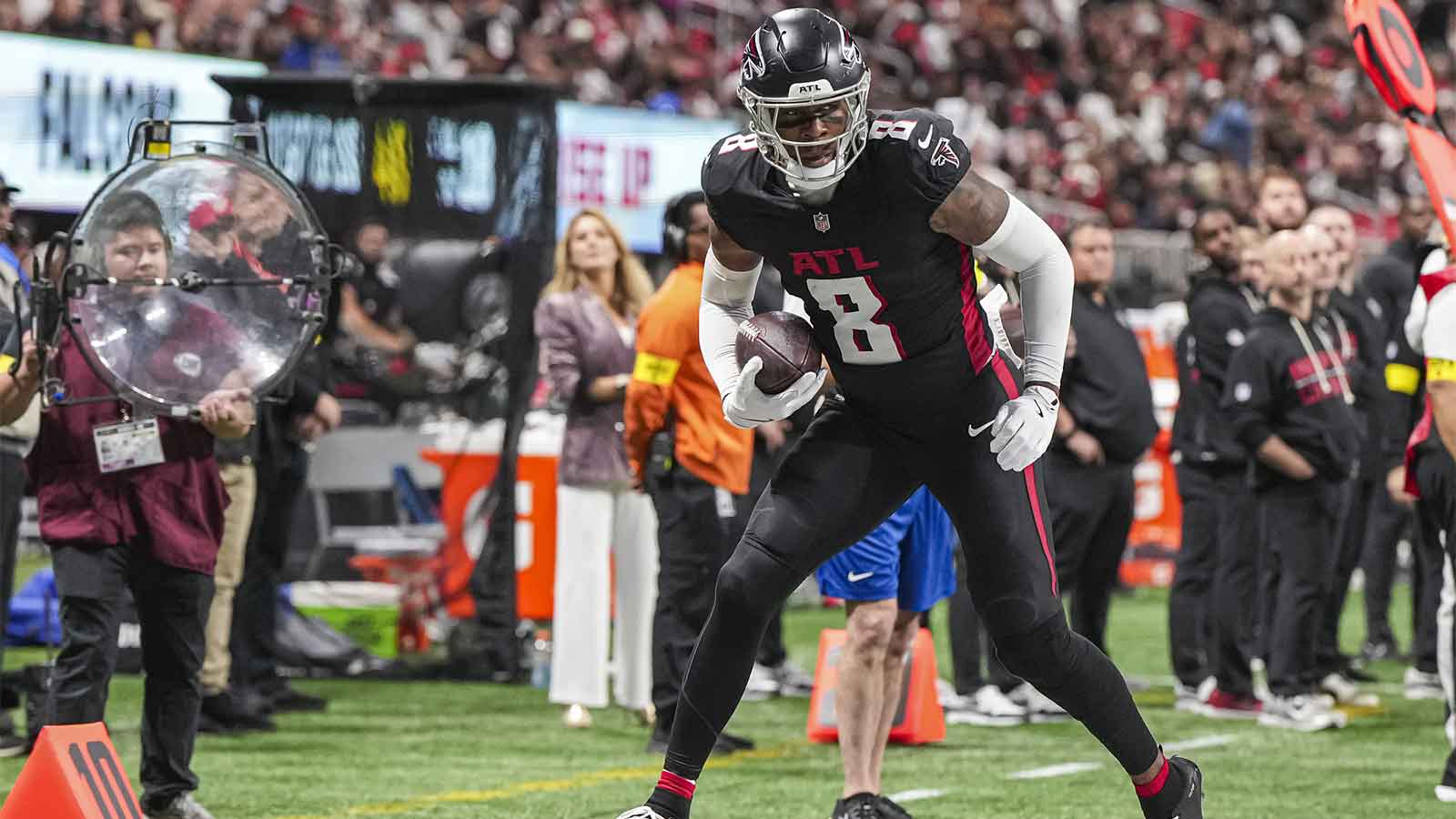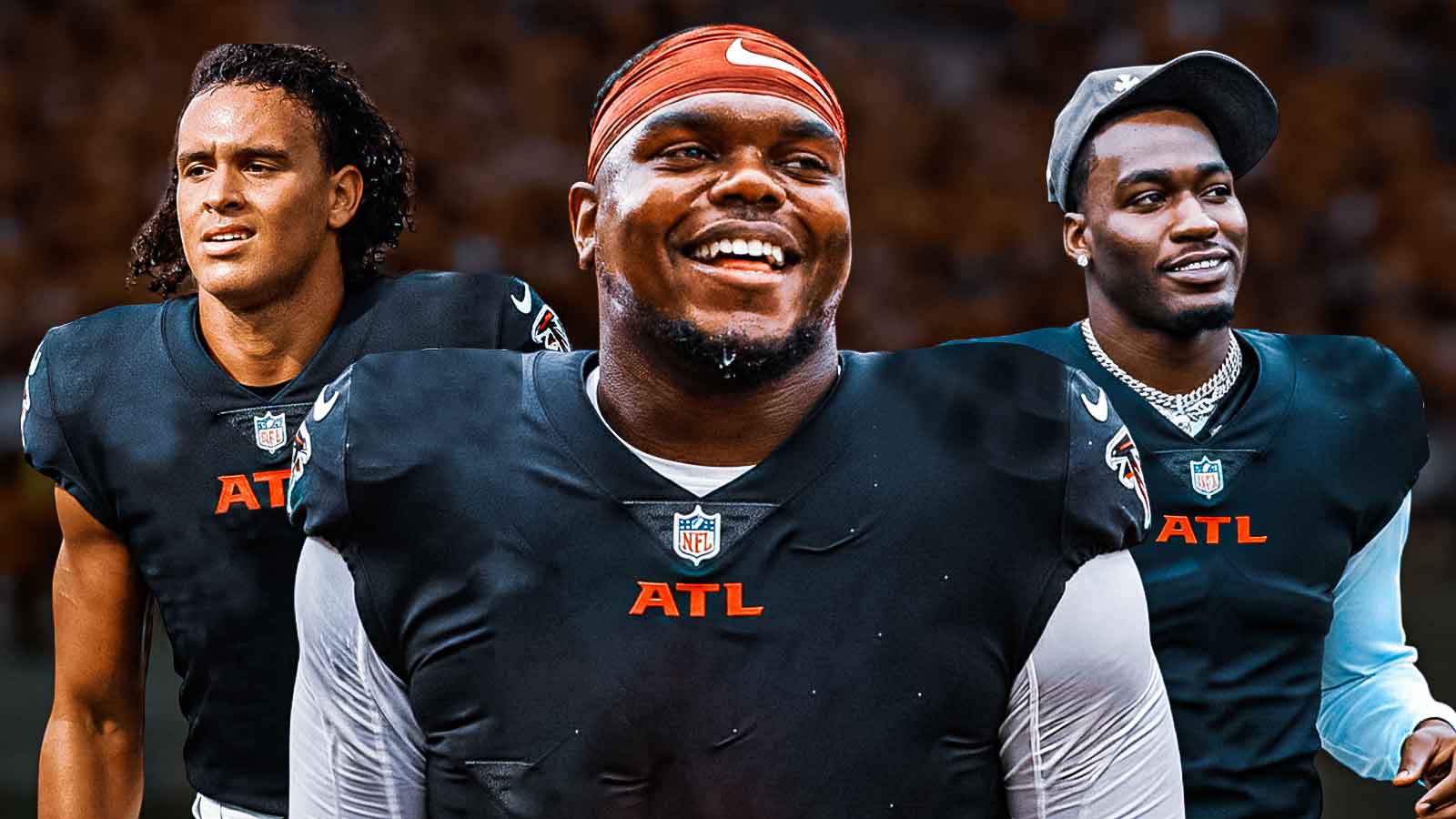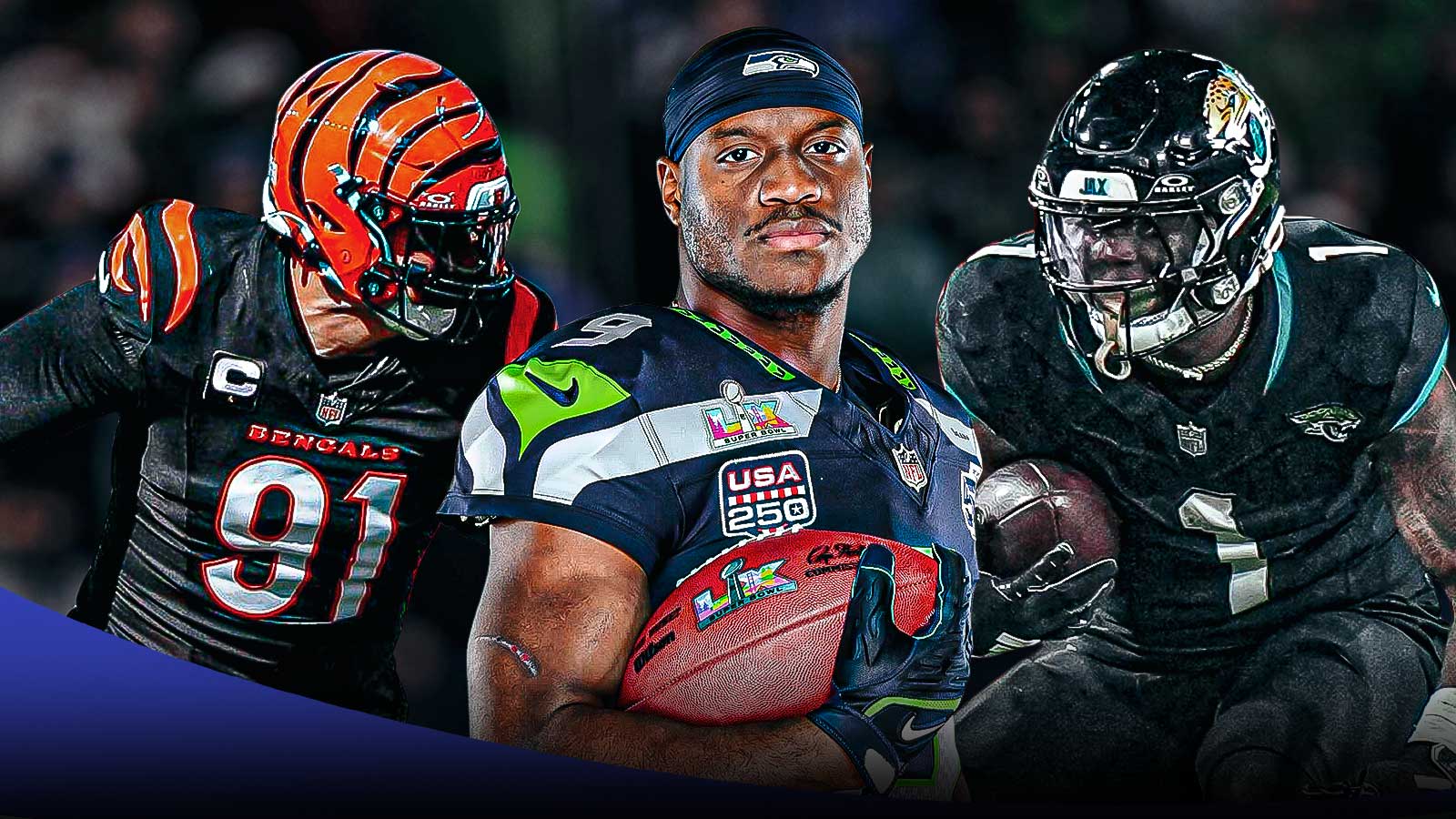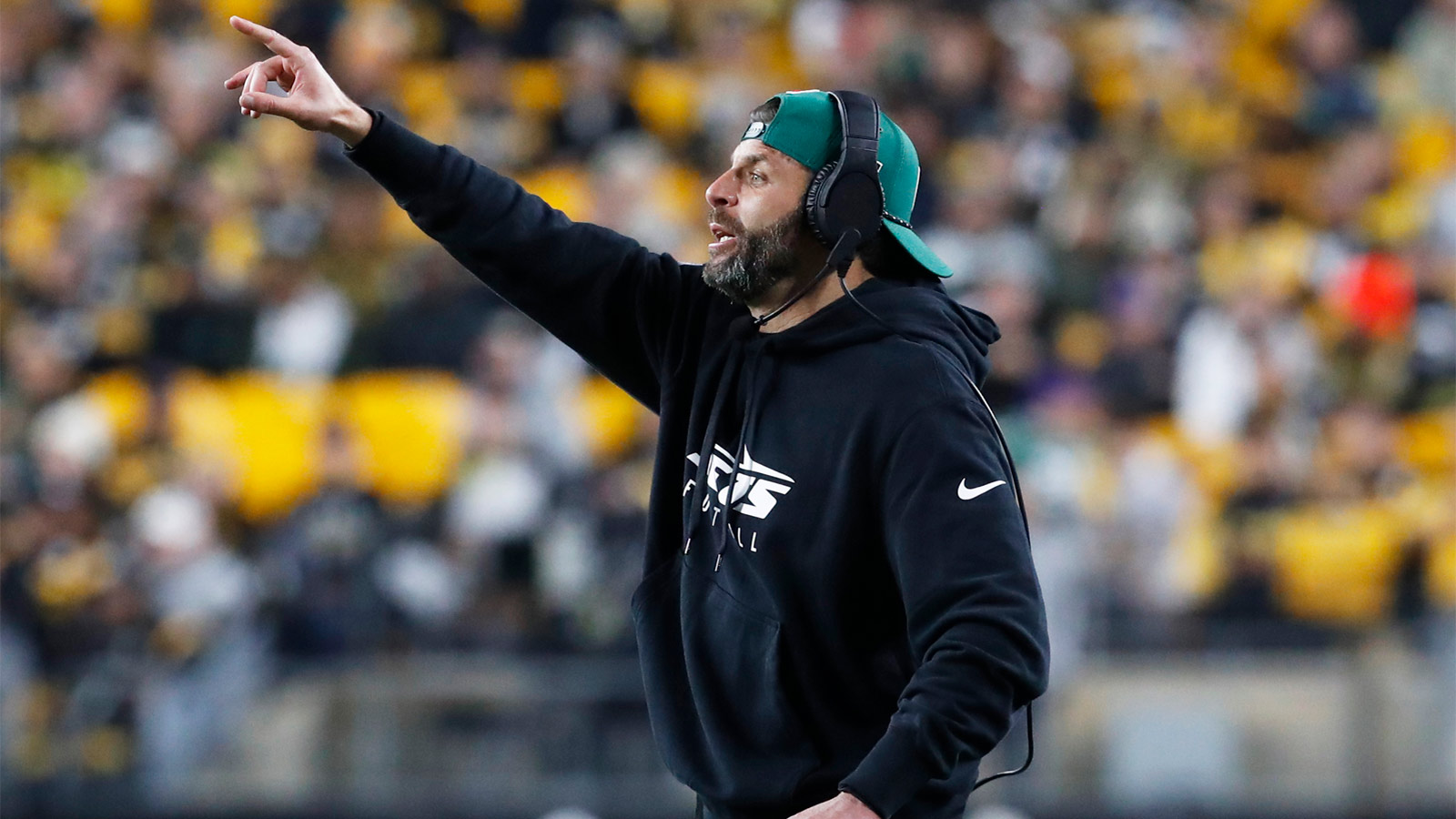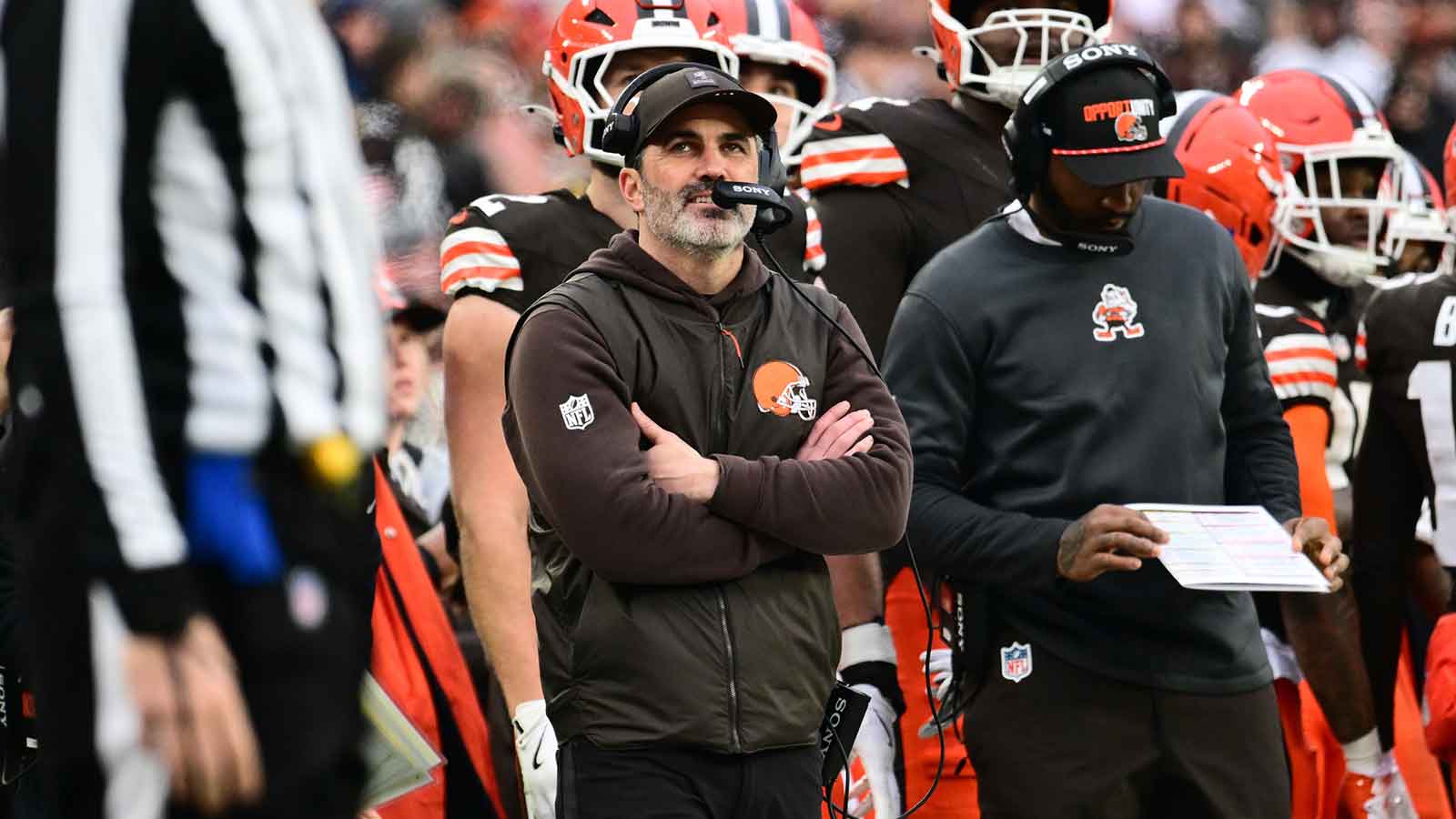For a franchise seeking to turn the corner after years of mediocrity, the Atlanta Falcons entered the 2025 NFL offseason with cautious optimism. Last year’s major headline was signing veteran quarterback Kirk Cousins to a four-year, $180 million deal. It should have provided the franchise with the stability under center it had lacked since Matt Ryan’s departure. However, while Cousins’ presence stabilizes the offense, it also handcuffs the team’s flexibility. So when the 2025 offseason rolled around, the Falcons had little room to maneuver financially. They also had a glaring need to rebuild a defense that had fallen behind in talent and production.
With limited cap space and an urgent need to compete in a wide-open NFC South, Atlanta’s brass made some tough choices. That said, the riskiest decision of all was trusting a green, unproven defensive front to deliver playoff-level production in Year 1. In a win-now window driven by Cousins’ age and contract, the Falcons’ gamble on youth may prove costly.
Conservative Offseason, Costly Quarterback
The Falcons didn’t have much room to add to their roster through free agency. This is especially true given Cousins’ contract. As such, it was no surprise to see Atlanta let center Drew Dalman walk on a lucrative three-year deal. Meanwhile, franchise stalwart and fan favorite Grady Jarrett was released to save cap room.

Dalman’s departure leaves a hole in the middle of the offensive line. Now, the Falcons will rely on Ryan Neuzil—who started eight games in Dalman’s absence last season. Neuzil’s play was serviceable, but he isn’t a lock to maintain that level over a full season.
Jarrett’s exit, meanwhile, ends a decade-long run of leadership and consistency on the defensive interior. He had been the heart and soul of the Falcons’ front seven. His release—while understandable from a financial perspective—has left a gaping hole. That will be hard to fill with leadership, talent, or locker-room presence.
Outside of those moves, the Falcons did make a swap at edge rusher. They replaced Matthew Judon with Leonard Floyd. However, the move didn’t significantly elevate the pass rush on paper. Judon, even after a dip in form, brought veteran savvy. Floyd brings explosiveness, of course. Still, he’ll need to gel quickly with a front that’s being rebuilt on the fly.
Here we'll try to look at the riskiest move that the the Atlanta Falcons executed in the 2025 NFL offseason.
A High-Risk Play for Defensive Relevance
The Falcons made a bold pivot during the 2025 NFL Draft. They went really heavy on defense and aggressively traded up to secure top-tier prospects. In Round 1, they landed both Jalon Walker and James Pearce Jr. They will form a dynamic linebacker-pass rusher tandem with sky-high potential. The cost? Their 2026 first-round pick. The goal? Immediate impact.
On paper, it was a move filled with promise. Atlanta finished last season with a paltry 59.0 PFF pass-rush grade, one of the league’s worst. They had no choice but to swing big. And swing they did.
Here’s the risk, though: relying on rookies—no matter how talented—is rarely a recipe for sustained defensive success in the NFL. Development curves are real. Learning curves are steep. The pass rush, in particular, is a position where technical refinement and NFL-level strength often take time to mature.
Sure, Ruke Orhorhoro is penciled in to take a larger role and Floyd brings speed off the edge. However, this is a defensive front filled with question marks. If Walker and Pearce hit the ground running, the Falcons could surge into playoff contention. If they don’t, a weak front seven could expose the rest of the defense.
The Falcons’ decision to bet on rookies was clearly influenced by their inability to spend in free agency. Again, this was a domino effect from Cousins’ contract. That sad, it’s also a philosophical shift: from building slowly to swinging for immediate returns. The clock is ticking on Cousins’ window. And Atlanta has chosen to push its chips in on unproven youth rather than experienced production.
What Happens if the Gamble Fails?
This strategy wouldn’t be quite as risky if the Falcons had a longer developmental runway. With Cousins now 37 years old, though, Atlanta isn’t rebuilding—it’s trying to win now. That makes the stakes even higher. Of course, many expect Michael Penix Jr to actually start. That could make things even shakier.
If Walker and Pearce don’t flash quickly, and if Orhorhoro fails to step into Jarrett’s shoes effectively, Atlanta’s front seven could become a liability. That would undermining an offense that might also be in flux. And without their 2026 first-rounder, there’s no safety net to fall back on next spring.
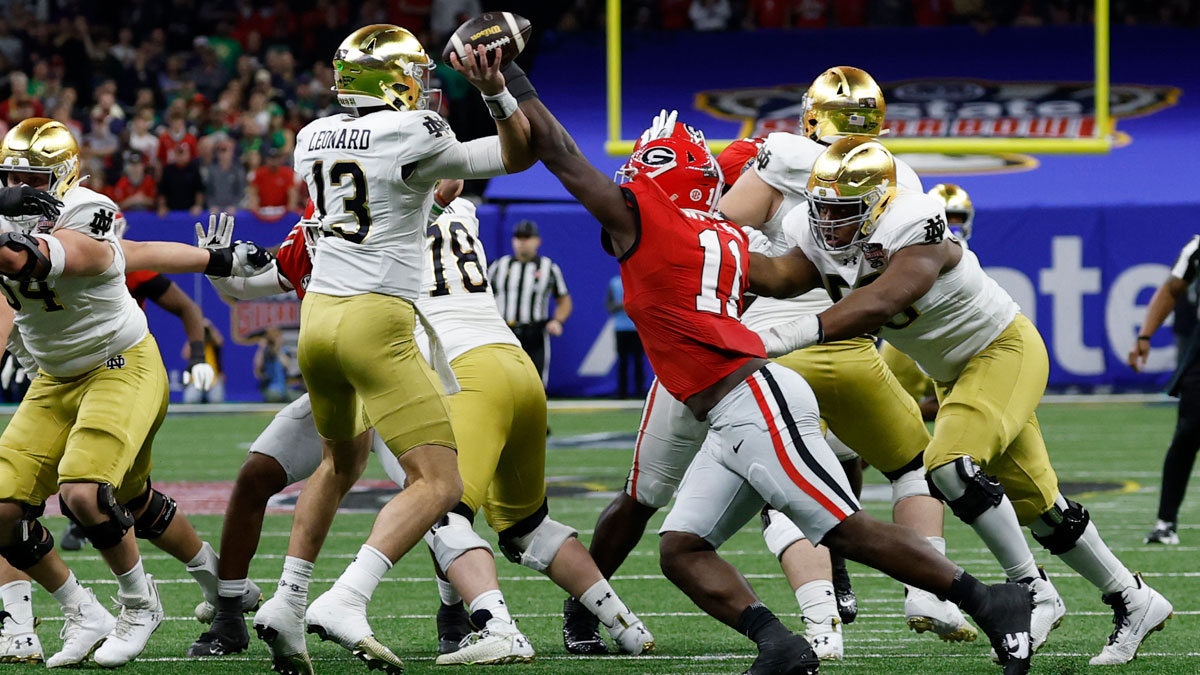
In short, the Falcons are wagering their near-term contention hopes on rookies making the leap. It’s a fascinating gamble. It might even be the right one given their cap constraints. However, let’s be clear—it’s also the riskiest.
A Calculated Risk, But a Risk Nonetheless
The Atlanta Falcons made hard choices this offseason. Releasing Grady Jarrett, letting Drew Dalman walk, and investing what little capital they had in defensive youth were all born of necessity. On the flip side, necessity doesn’t mitigate risk—it only frames it.
This is a team that’s ready to contend offensively. However, their success in 2025 will hinge on whether their rookie defenders can produce like veterans. That’s a heavy burden to place on first-year players, and a dangerous game to play in the unforgiving NFL.
If it works, the Falcons could have one of the league’s most exciting young defenses. If it doesn’t, they might waste another season of Kirk Cousins’ twilight—and delay the franchise’s resurgence once again.




